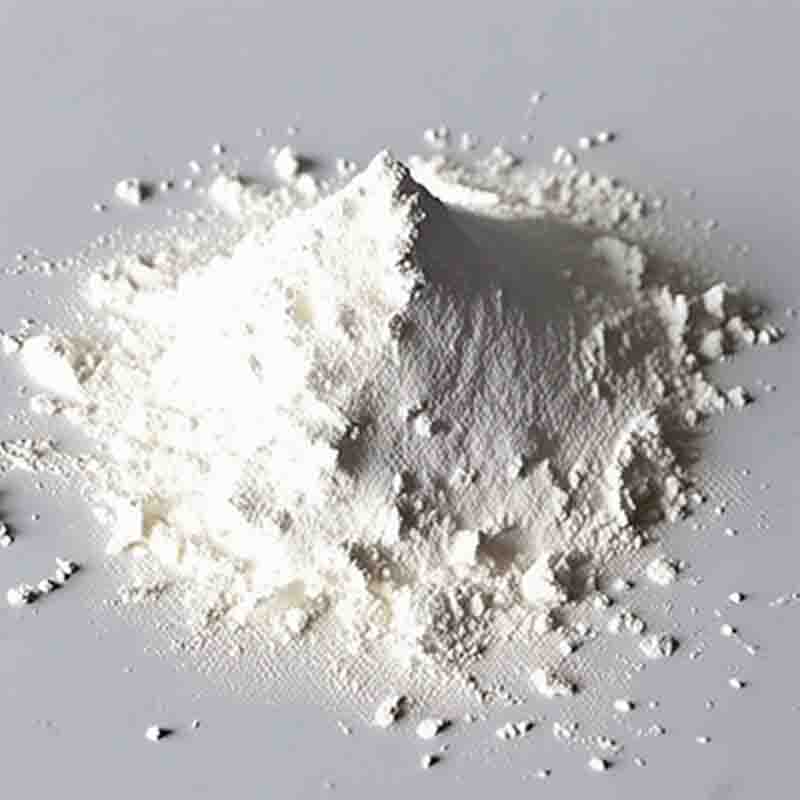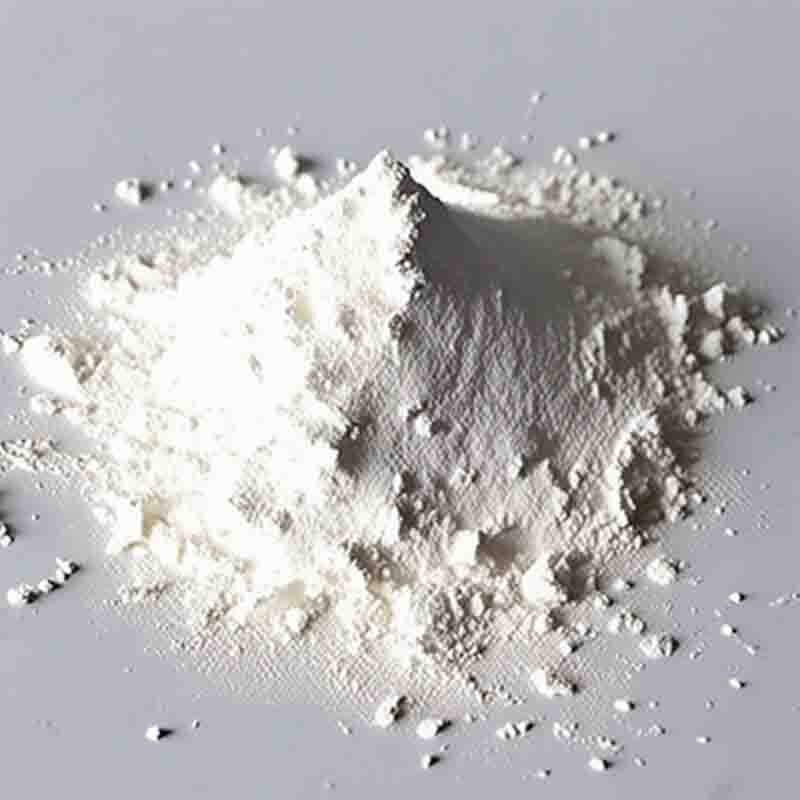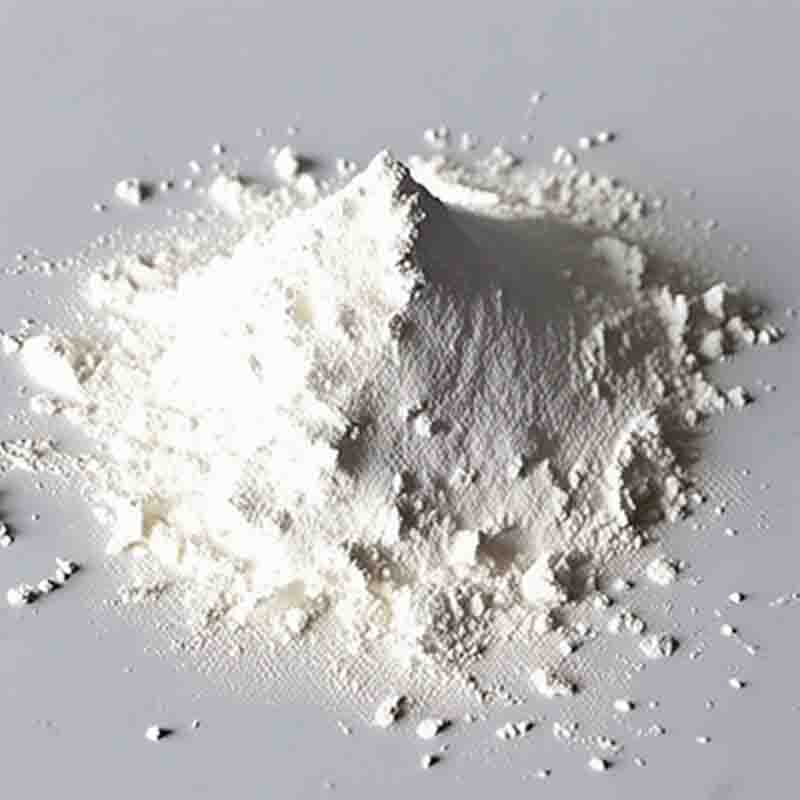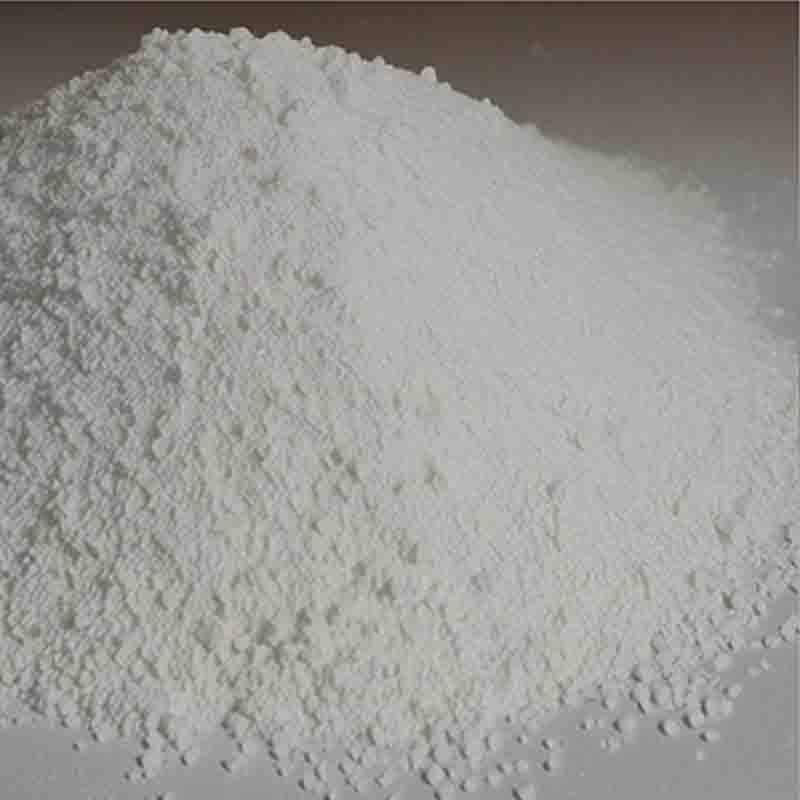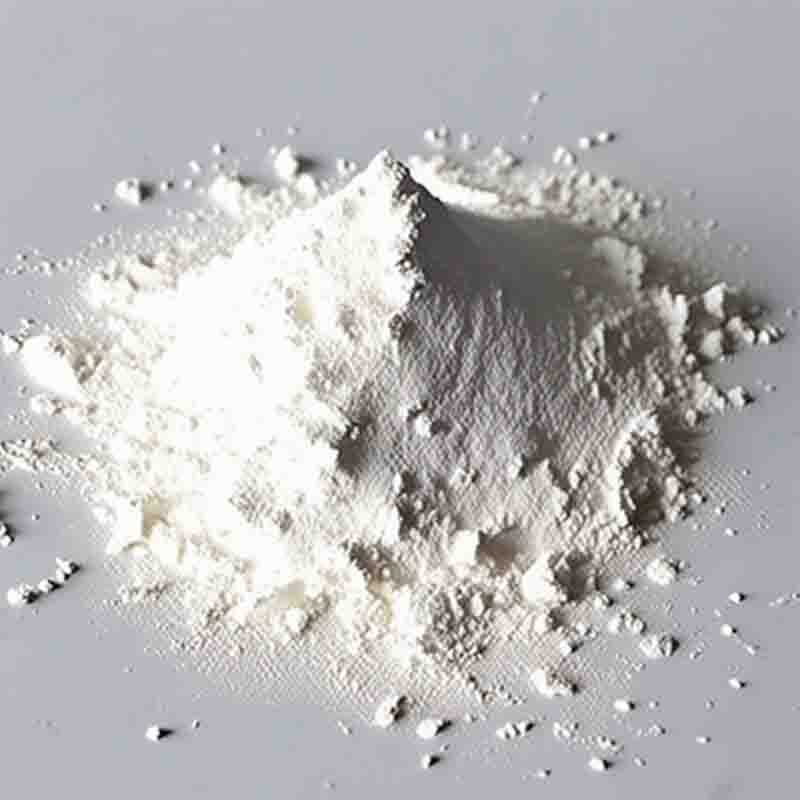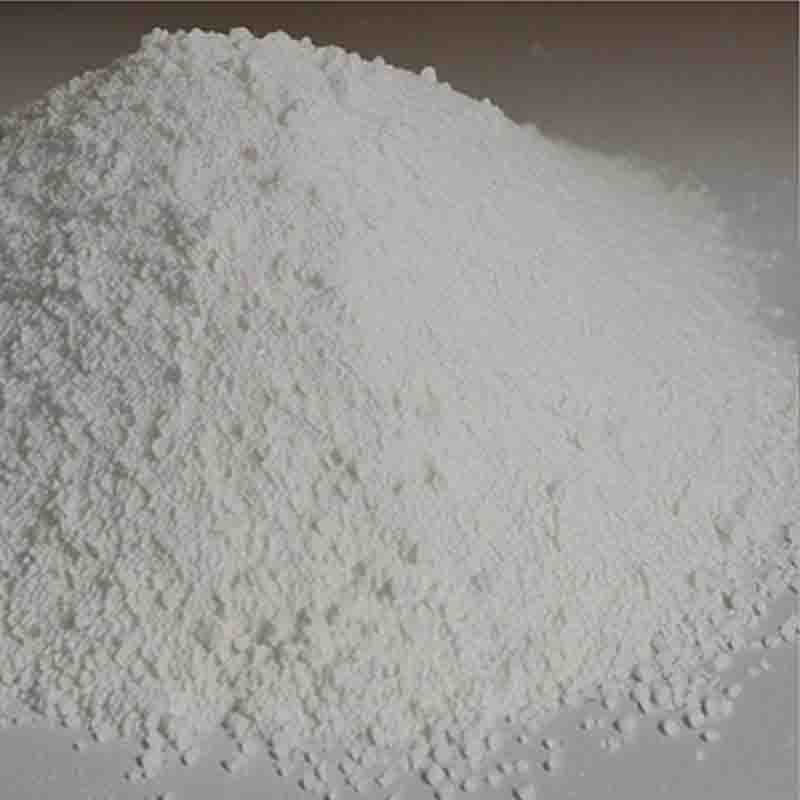Methacryloyl chloride CAS: 920-46-7
| Catalog Number | XD94162 |
| Product Name | Methacryloyl chloride |
| CAS | 920-46-7 |
| Molecular Formula | C4H5ClO |
| Molecular Weight | 104.53 |
| Storage Details | Ambient |
Product Specification
| Appearance | White powder |
| Assay | 99% min |
Methacryloyl chloride is an organic compound with the chemical formula CH2=C(CH3)COCl. It is a versatile reagent that finds widespread use in organic synthesis and as a building block in the production of polymers and other materials.One of the primary uses of methacryloyl chloride is in the synthesis of methacrylates. Methacrylates are esters derived from methacrylic acid and are essential monomers for the production of polymers, including acrylic resins and thermoplastic materials. Methacryloyl chloride reacts with alcohols to form methacrylate esters through an esterification reaction. This process allows for the modification of properties such as flexibility, hardness, and durability of the resulting polymers.Another significant application of methacryloyl chloride is in the production of cross-linking agents. Cross-linking agents are compounds that can form chemical bonds between polymer chains, resulting in the formation of a three-dimensional network. Methacryloyl chloride can react with a variety of functional groups, such as amines and alcohols, to form cross-linking agents. These agents are crucial for the production of adhesives, coatings, and dental materials, where high strength, heat resistance, and chemical stability are required.Methacryloyl chloride is also utilized in the synthesis of methacrylamide derivatives. By reacting with various amines, methacryloyl chloride can form methacrylamides, which have applications as reactive monomers and as intermediates in the pharmaceutical industry. Methacrylamides can be polymerized to produce polymethacrylamides with unique properties such as controlled release, drug encapsulation, and biocompatibility. These polymers are used in drug delivery systems and biomaterials.Additionally, methacryloyl chloride is employed as a reactive cross-linker for proteins and peptides. It can react with amino groups on proteins to form stable covalent bonds. This property makes it useful in the production of protein microarrays, drug delivery systems, and biomaterials for tissue engineering.Methacryloyl chloride also has applications in the modification of surfaces. It can be used to functionalize materials and enhance their adhesion properties. By treating the surface with methacryloyl chloride, one can introduce methacrylic groups, which can further undergo polymerization or react with other functional groups, enabling the attachment of various molecules and coatings.In summary, methacryloyl chloride is a versatile compound with numerous applications in organic synthesis, polymer production, and material science. It is used in the synthesis of methacrylates, cross-linking agents, methacrylamide derivatives, and as a reactive cross-linker for proteins. Additionally, it can be employed to modify surfaces and enhance their properties. The diverse uses of methacryloyl chloride make it an essential reagent in various industries, including pharmaceuticals, adhesives, coatings, and biomaterials.


